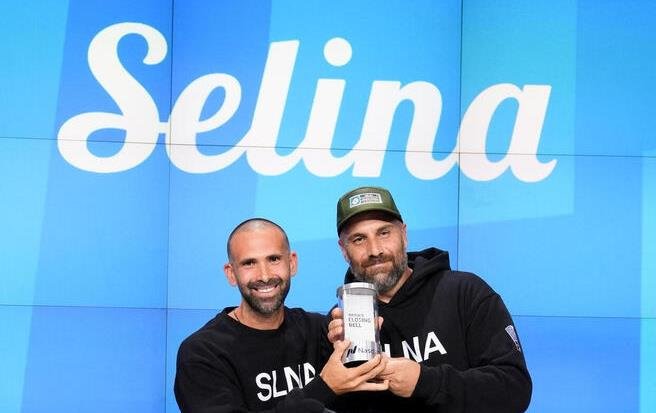Selina, the Israeli-founded hospitality company that went public last October through a SPAC merger, saw its stock price drop by 41% on Friday, August 20, 2023. The company’s shares closed at $1.08, down from $1.83 the previous day. This means that Selina has lost over 96% of its value since its IPO, when it was valued at $1.2 billion.
The reason for the sharp decline was the news that another 8.6 million shares could be hitting the market soon, should existing shareholders choose to sell them. This would increase the supply of Selina’s stock and put more downward pressure on its price. The company also announced that it had received a notice from Nasdaq that it was not in compliance with the minimum bid price requirement of $1 per share for continued listing.

Why is Selina struggling?
Selina, which operates a network of hotels, co-working spaces, and wellness centers in 19 countries, has been hit hard by the Covid-19 pandemic and its aftermath. The company’s revenues declined by 40% in 2022 compared to 2021, and it incurred a net loss of $200 million. The company also faced legal disputes with some of its landlords and partners over unpaid rent and breach of contract.
In June 2023, Selina announced a series of cost-cutting measures, including laying off 350 employees, closing several properties, and suspending new hotel openings. The company also secured a $50 million funding agreement with Global University Systems (GUS), a remote learning platform operator, to boost its cash balance. However, these actions were not enough to restore investor confidence and improve the company’s financial performance.
What are the prospects for Selina?
Selina’s co-founders, Rafael Museri and Daniel Rudasevski, have expressed their optimism about the company’s future, despite the challenges it faces. They believe that Selina has a unique value proposition that appeals to the growing segment of digital nomads and remote workers who seek flexible and affordable accommodation options with a sense of community.
The company also claims that it has seen an improvement in its occupancy rate and revenue per available room (RevPAR) in the first quarter of 2023, as travel restrictions eased in some of its markets. The company hopes to benefit from the recovery of the global tourism industry and the increasing demand for experiential travel.
However, Selina will have to overcome several hurdles to achieve its goals. The company will have to compete with other players in the hospitality sector, such as Airbnb, Oyo, and Marriott, who offer similar or better services at lower prices. The company will also have to deal with the uncertainty and volatility of the Covid-19 situation, which could affect its operations and customer behavior. Moreover, the company will have to regain the trust of its shareholders, creditors, and regulators, who may question its viability and governance.
